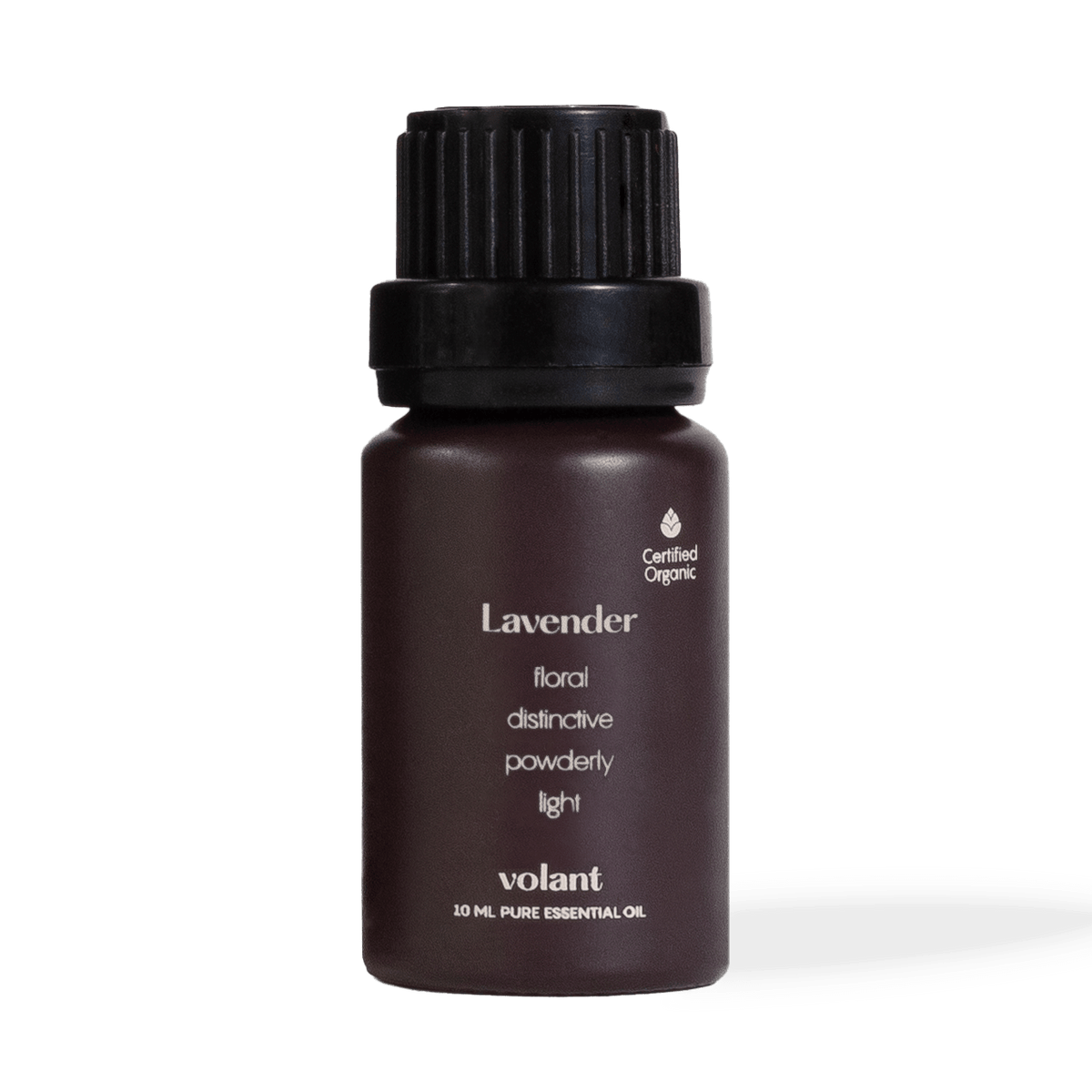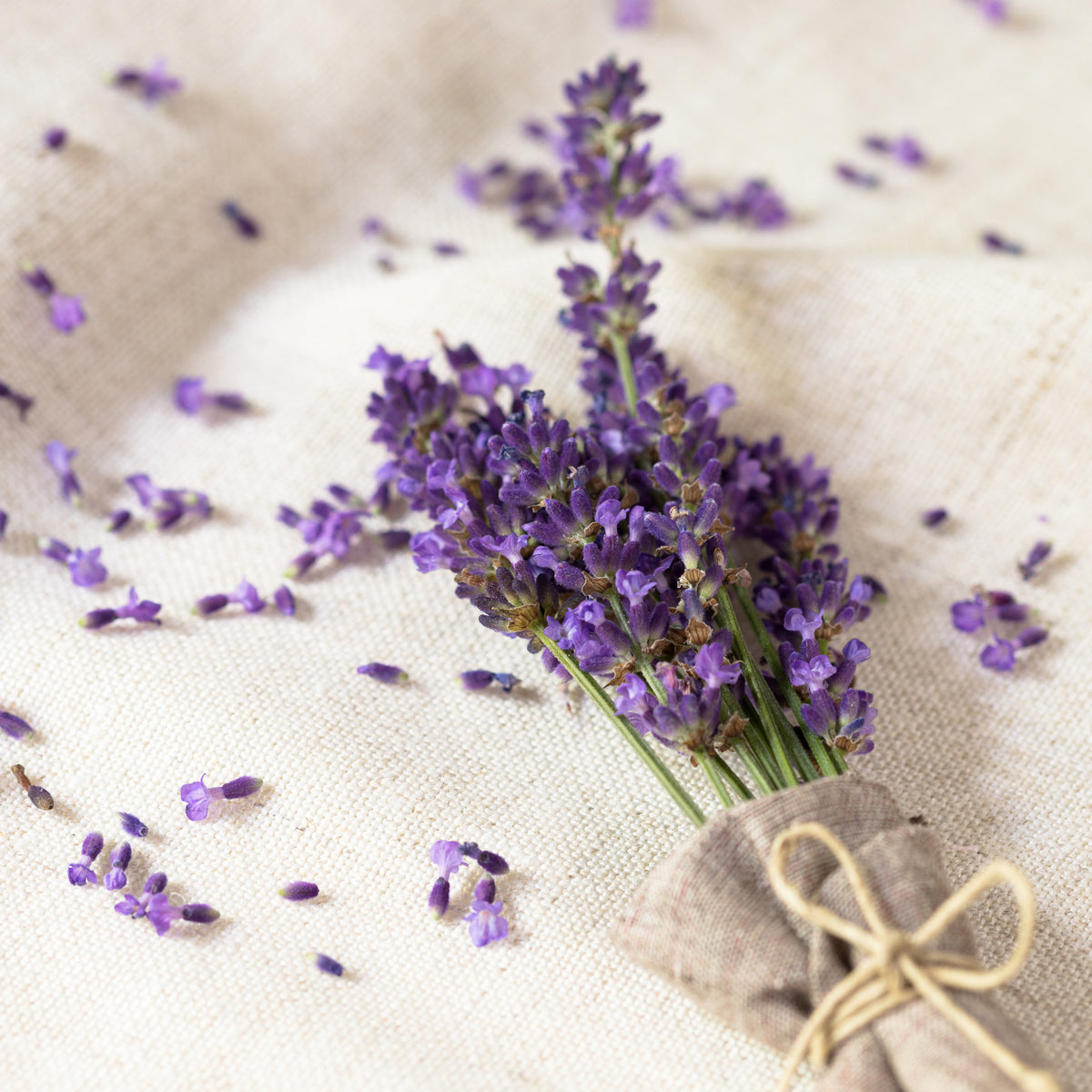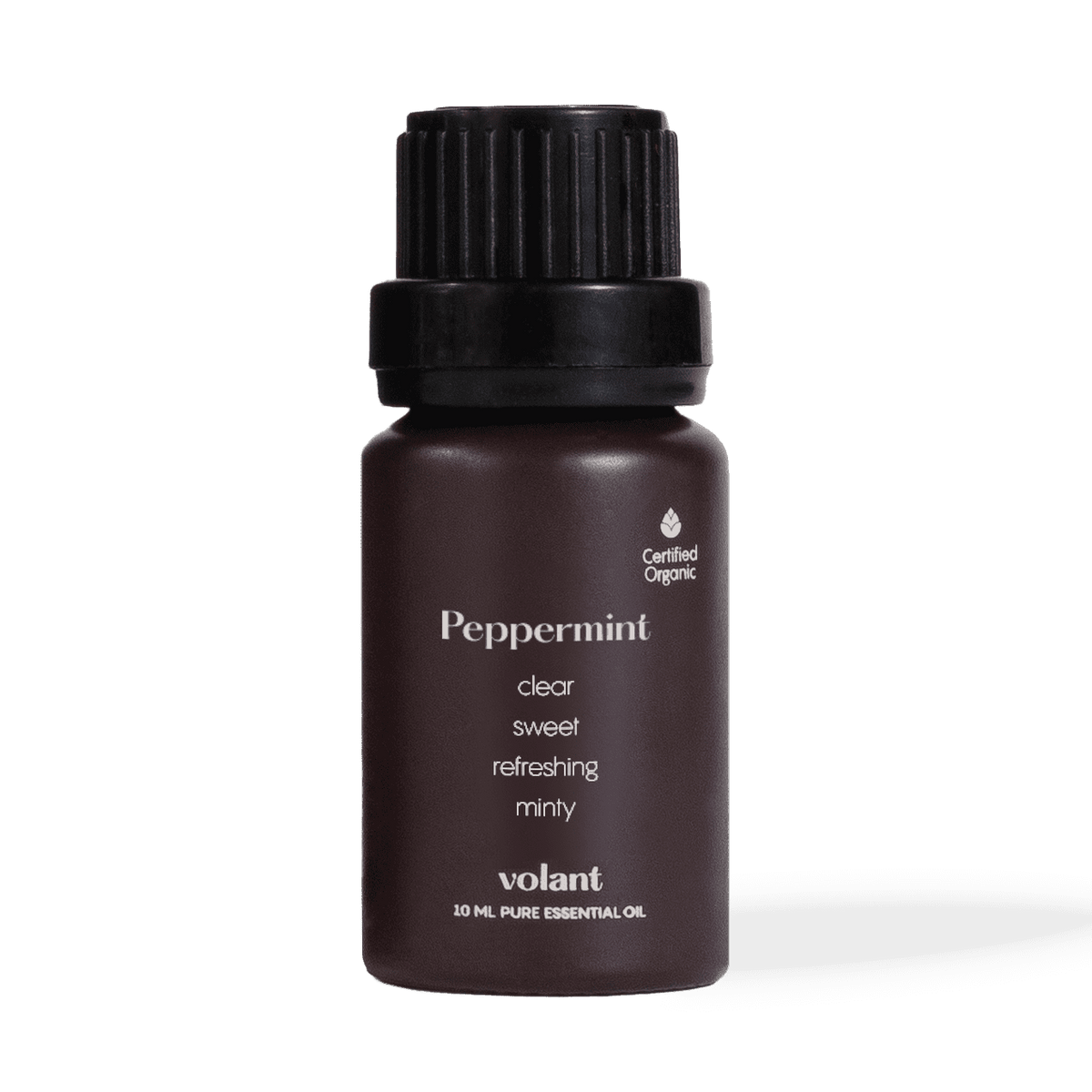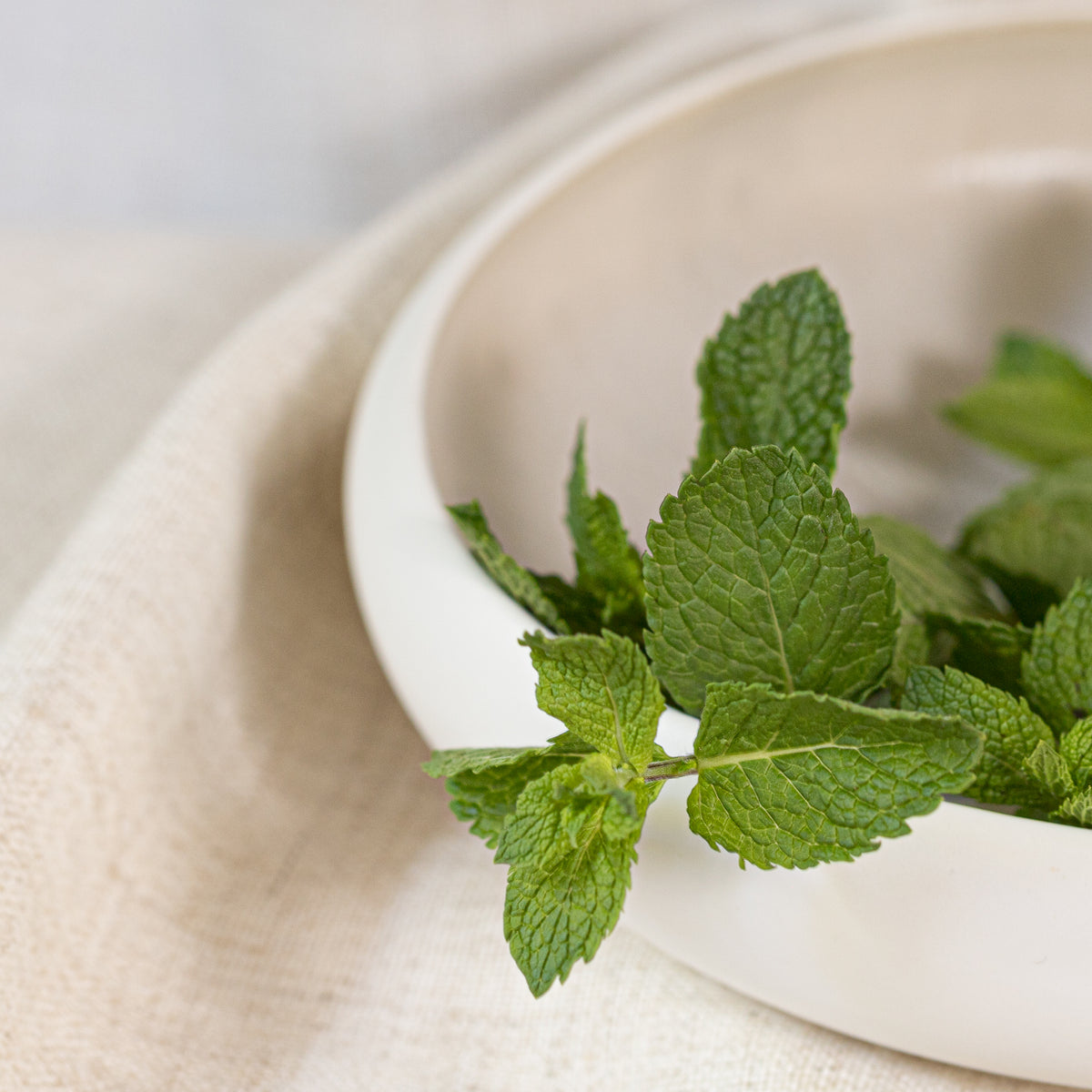This kind of instinctual response to smell could be helpful in other ways too, especially for students and parents. What if pairing certain smells with particular studying habits helped memory retention?
The science says it does, and learning how to use smell to boost your brain power isn’t that difficult at all.
Here’s the secret to using scent to improve your studies.
Geruch und Gedächtnis sind miteinander verbunden

When we hear, see, taste, or touch something, the sensory information is first directed to the thalamus. This is the part of our brain that assists in processing the data that the world around us is constantly emitting. The thalamus then transmits the information to different areas in our brain. This list includes the amygdala, where our emotions are handled, and the hippocampus, which organises our memories.
Smelling something, however, is different.
Aromas bypass the thalamus, heading straight to the olfactory nerve in the brain. This is connected directly to the hippocampus and amygdala, which explains why getting a whiff of something instantly triggers detailed memories and strong emotions. Essentially, it’s like someone turning the olfactory bulb on!
Was die Wissenschaft über Geruch und Gedächtnis sagt
With the olfactory nerve managing our sense of smell and its direct link to the amygdala and thalamus, the idea of using scents for focus and memory is very logical.
Three quarters of all our emotions each day are generated because of smell. Scent marketing is cashing in on this fact, with research showing that people experience a 40% boost in their moods after they smell a pleasant fragrance.
A study by the Sense of Smell Institute found that visual recall of imagery fell to around 50% after just three months. In contrast, the accuracy of smell recall was 65% after a full year. Imagine what this means for retaining study material!
Being exposed to an aroma while studying and then again during the deep sleep cycle may also work for you. Studies conducted by German scientists revealed that adults and students saw a definite improved retention when exposed to the same scent they’d inhaled during the learning process.
Study participants sat at computer screens in rooms fragranced with rose, watching pairs of cards being mixed up. Others were in front of computers watching the same disarrangement, but in rooms that were unscented.
Everyone then spent the night at a sleep laboratory, wearing electrodes on their scalps to monitor brain activity. During the deep sleep and light REM cycles, the rooms were briefly spritzed with the same rose fragrance.
The next morning, everyone took a computerised quiz asking them to find the card pairs they’d seen the day previous. The rose-exposed group fared far better.
Wie Sie Geruch und Gedächtnis für sich arbeiten lassen
There are many different ways of harnessing the power of scent, but essential oils for focus and memory are certainly one of the easiest, most accessible and effective ways of doing so.
In fact, many people personally attest to the amazing benefits of using essential oils for memory and focus.
Try the following experiment to see how well scent can boost your brain power:
- Geben Sie ätherisches Öl in Ihren Diffusor. Sie können es auch auf ein Papiertuch geben, als Teil eines Nebels im Raum versprühen oder eine verdünnte Mischung auf Ihren Körper tupfen.
- Lernen Sie wie gewohnt, wobei Sie der Duft des von Ihnen gewählten ätherischen Öls umgibt. Verwenden Sie dasselbe Öl auch vor dem Schlafengehen und lassen Sie es über sich wehen, während Sie schlafen.
- Wenn es an der Zeit ist, das Gelernte wieder ins Gedächtnis zu rufen, verwenden Sie dazu denselben Duft. Wenn Sie zum Beispiel Lavendel verwendet haben und in einer Prüfung sitzen, nehmen Sie ein Stück Stoff mit Tropfen dieses ätherischen Öls mit in die Prüfung.
Vielleicht stellen Sie fest, dass bei der Verwendung desselben Duftes dieselben Teile Ihres Gehirns aktiviert werden, so dass Sie sich besser an die gelernten Informationen erinnern können.
Die besten ätherischen Öle für die Gedächtnisleistung
Die folgenden Öle haben viele Vorteile zu bieten. Die Verwendung dieser ätherischen Öle zur Verbesserung des Gedächtnisses ist sehr empfehlenswert, da sie bei diesem speziellen Ziel helfen können. Sie sind auch eine wunderbare Option, wenn Sie einfach nur nach angenehmen Düften suchen, mit denen Sie Ihre eigenen Gedächtnisexperimente starten können!
Bergamotte

Famously able to reduce agitation, anxiety, insomnia, mild depression and stress, bergamot essential oil will put you in a calmer frame of mind by lowering your cortisol levels. This is a far more desirable state for creating memories you’ll never forget. Research backs up the positive claims that people have long been making about this fragrance.
How to use bergamot for studying: Put some bergamot essential oil in your diffuser the next time you’re studying and add a drop or two to a tissue in your school blazer the following day. You may find that what you learned previously is brought to mind more easily!
Kamille

Chamomile is a very popular oil to use at home to calm down after a stressful day or before a big night out. Its anti-anxiety effects make Roman chamomile essential oil a good home remedy for insomnia and stress.
Studies have also shown that chamomile can also improve cardiovascular health and stimulate our immune systems.
How to use chamomile for studying: Try keeping a tissue with a few drops of chamomile oil on it when you’re going over your homework and then do the same for class the next day.
Eukalyptus

This oil will leave you with a refreshed state of mind and a re-energised body. Eucalyptus is also a good choice as an essential oil for memory improvement. Research tells us that eucalyptus oil may be able to notably improve our memories as well as how we perform cognitive tasks. It may even help protect the brain against age-related cognitive decline.
How to use eucalyptus for studying: After proper dilution, put a little eucalyptus oil on the insides of your wrists when you’re studying for an exam. Then follow this same process when it comes time to take the test.
Lavendel

Thought to help balance strong emotions and calm us overall, lavender essential oil has been used to combat anger, depression, insomnia and irritability throughout history.
It’s one of the best essential oils for focus and memory because it encourages relaxation and rest, which is especially helpful when you need to learn something new or memorise unfamiliar information.
How to use lavender for studying: Spritz diluted lavender oil in the area where you study and then onto some tissue paper. Tuck the tissue into a pocket or the inside of your sleeve the next time you’ve got a class and you could recall the information you learned a lot more quickly.
Zitrone

Many people love the fresh scent of this citrus fruit, and lemon oil has been scientifically proven to instill calm. It also relaxes us and makes us feel happy.
If you tend to be anxious and struggle with insomnia, you may find that starting to use lemon essential oil can help. It’s also thought to improve memory and ease digestion.
How to use lemon for studying: If you’re finding committing facts to memory problematic, using lemon essential oil in a diffuser when you’re learning may help. When you need to recall information, spritz the air around you with a lemon essential oil spray, or wear it diluted as a topical fragrance.
Pfefferminz

Studies suggest that peppermint oil boosts your memory, but this powerful oil does much more. It can calm your nerves whilst stimulating your mind, improving your concentration and making clear thinking more possible.
Peppermint essential oil can elevate your mood and lower levels of fatigue, both important states of mind when you’re trying to memorise anything.
How to use peppermint for studying: Experiment with scenting your study area with peppermint oil and then wearing some on the insides of your wrists or behind your ears for your next exam. Smelling the same aroma may well take your mind back to its learning state and boost your recall.
Rosmarin

In much the same way as peppermint oil, rosemary stimulates our bodies and mind, and it has positive effects on our cognitive activities. Not only that, but it can improve our mood and overall performance.
Rosemary essential oil is also a good choice for you if you suffer from constipation or depression.
How to use rosemary for studying: Create a refreshing rosemary oil mist the next time your homework looms. Remembering important information may be a lot easier if you spray some more of your mist when it’s recall time!
Ylang Ylang

Deep, exotic and floral, the scent of ylang ylang essential oil combines notes of banana, jasmine and neroli, and may help ease symptoms of depression while encouraging deep sleep. If you suffer from a lack of sleep due to restlessness, it may be worth trying this oil.
Research suggests that ylang ylang can be helpful for boosting memory, too.
How to use ylang ylang for studying: Rub a diluted mix of ylang ylang into your pulse points when you’re studying and do the same when you’re writing your exam - you could see your grades improve.
Verwendung ätherischer Öle für Gedächtnis und Konzentration

Ancient Greek tragedian Aeschylus was right: “memory is the mother of all wisdom”, and the fact that smell and memory seem to be inextricably linked is something you can use to your advantage.
Thanks to state-of-the-art diffusers, it’s easier than ever to get oils to work their magic on our minds, bodies and emotions. You can let their healing fragrance wash over your living room as you unwind in the evenings or, after properly diluting them, you could add them to your bath or face and body lotion.
Volant diffusers operate on systems designed to control the dispersal of essential oil fragrances over a targeted area. They offer broad coverage and efficiency and are very safe and convenient to use at home, in the office or in bed.
With all these tools at your disposal, you should have no problem instituting your own memory-boosting routine. Your new knowledge of essential oils for linking smell and memory can enhance your life and make every moment count - consciously or subconsciously.
When it’s time to get back to the books, a little planning to figure out how you’re going to use aromatherapy to boost your brain power, or how your child, teenager or university student can start doing so, may go a long way!

















